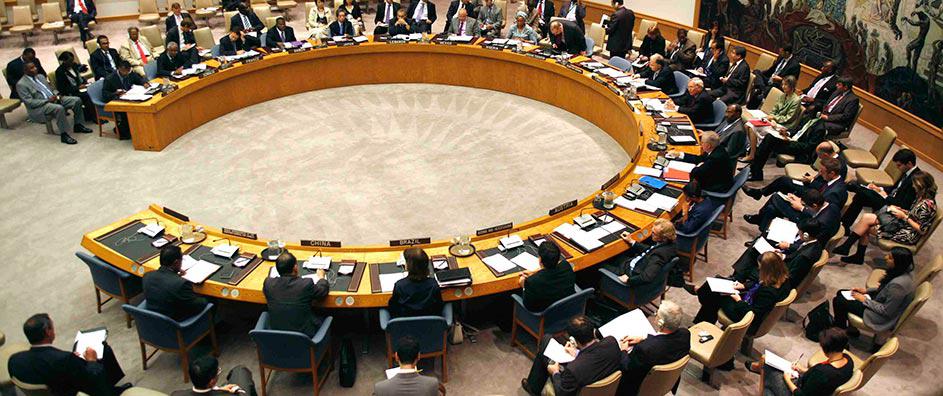In contemplating the notion of government, one might ask, “What would an ideal government look like, and how can humanity aspire to such an embodiment?” The essence of governance has puzzled thinkers, philosophers, and leaders across civilizations for centuries, yet the Bahá’í teachings present a distinctive perspective that merits exploration. These teachings articulate a vision of an ideal government grounded in principles of justice, unity, and the inherent dignity of every individual. This ambitious blueprint outlines a governance model that transcends traditional paradigms and seeks to elevate humanity towards a collective societal equilibrium.
At its core, the Bahá’í understanding of government hinges on the principle of justice. Justice is seen not merely as a legalistic construct but as an expansive moral imperative. It is posited that a government, in its ideal form, must be the embodiment of fairness, equitability, and impartiality. The implications of this principle are profound; envision a society where legislative bodies enact policies that are devoid of partiality, where every voice is heard, and every grievance addressed. In such a milieu, the citizens would feel empowered, fostering a symbiotic relationship between the populace and their governing bodies. However, one must ponder: how can we operationalize such an abstract concept as justice in the murky waters of political reality?
Furthermore, the Bahá’í teachings advocate for the principle of the oneness of humanity, a central tenet that serves as a foundation for an ideal governmental structure. This idea posits that all individuals, regardless of ethnicity, nationality, or socioeconomic status, are members of one global family. In practice, this means that governance should be inclusive, reflecting the diverse mosaic of humanity. A government that prioritizes inclusivity can mitigate the adversities stemming from discrimination and division. Imagine a political framework that not only represents diverse populations but actively engages them in the decision-making processes. Yet, this invites a challenging question: how might a government balance this inclusivity with the need for effective leadership and decisiveness?
Another pivotal element within the Bahá’í blueprint is the significance of consultation. The Bahá’í approach emphasizes collective decision-making as a means to achieve unity in action. Consultation fosters an environment where diverse opinions are cultivated, ensuring a holistic understanding of issues. This collective deliberation may seem idealistic, yet it offers a pragmatic solution to the challenges of governance. When leaders and citizens alike embrace consultation, they can harmonize differing perspectives, creating policies that reflect the collective conscience. However, what happens when disagreements arise? How can a society navigate discord while retaining its commitment to unity?
Moreover, the Bahá’í teachings assert that the role of government extends beyond mere administration; it is also fundamentally about education. An ideal government must prioritize the intellectual and moral development of its citizenry. In this regard, education serves as both a tool for empowerment and a vehicle for social transformation. A government that invests in education not only equips its population with knowledge and skills but fosters a culture of critical thinking and moral virtue. As individuals become more educated, they are better poised to contribute meaningfully to society. Yet, this raises critical considerations: how does a government ensure equitable access to quality education for all citizens? What mechanisms must be in place to address systemic inequalities that inhibit educational attainment?
In addition, the Bahá’í model anticipates the significance of an independent judiciary as a cornerstone of governance. A fair and impartial judicial system is imperative for upholding the rule of law. It serves as a safeguard against tyranny and ensures that all individuals, regardless of their status, are held accountable under the law. The separation of powers among the legislative, executive, and judicial branches is fundamental to maintain checks and balances. However, this begs the question: how can an independent judiciary operate effectively in a political landscape that may seek to undermine its authority?
Moreover, the notion of a global government emerges as an intriguing aspect of Bahá’í thought. The teachings advocate for the establishment of a system that transcends national boundaries, emphasizing that global challenges necessitate cooperative responses. This vision is particularly salient in an interconnected world characterized by transnational issues such as climate change, economic disparity, and human rights violations. The question arises: how can we navigate the complexities of national sovereignty while fostering a cooperative global governance structure?
Finally, the Bahá’í teachings emphasize the importance of moral and ethical leadership. It is posited that leaders should embody virtues such as integrity, selflessness, and a commitment to service. An ideal government requires leaders who aspire to uplift their constituents, driven not by personal ambition but by a genuine desire to promote the common good. In considering this principle, a provocative question surfaces: how can societies cultivate such leaders in an era dominated by the ethos of competition and self-interest?
In conclusion, the Bahá’í teachings offer a rich and nuanced vision of what an ideal government could encompass. By centering principles of justice, the oneness of humanity, consultation, education, judicial independence, global governance, and ethical leadership, a cohesive framework emerges, one that aspires to navigate the complexities of human society. Yet, inherent challenges accompany this vision, calling for innovative solutions and a collective commitment to principle-driven governance. While the prospect of an ideal government may seem utopian, it invites humanity to engage in dialogue, fostering a world that is not only just but also united in purpose and action.
